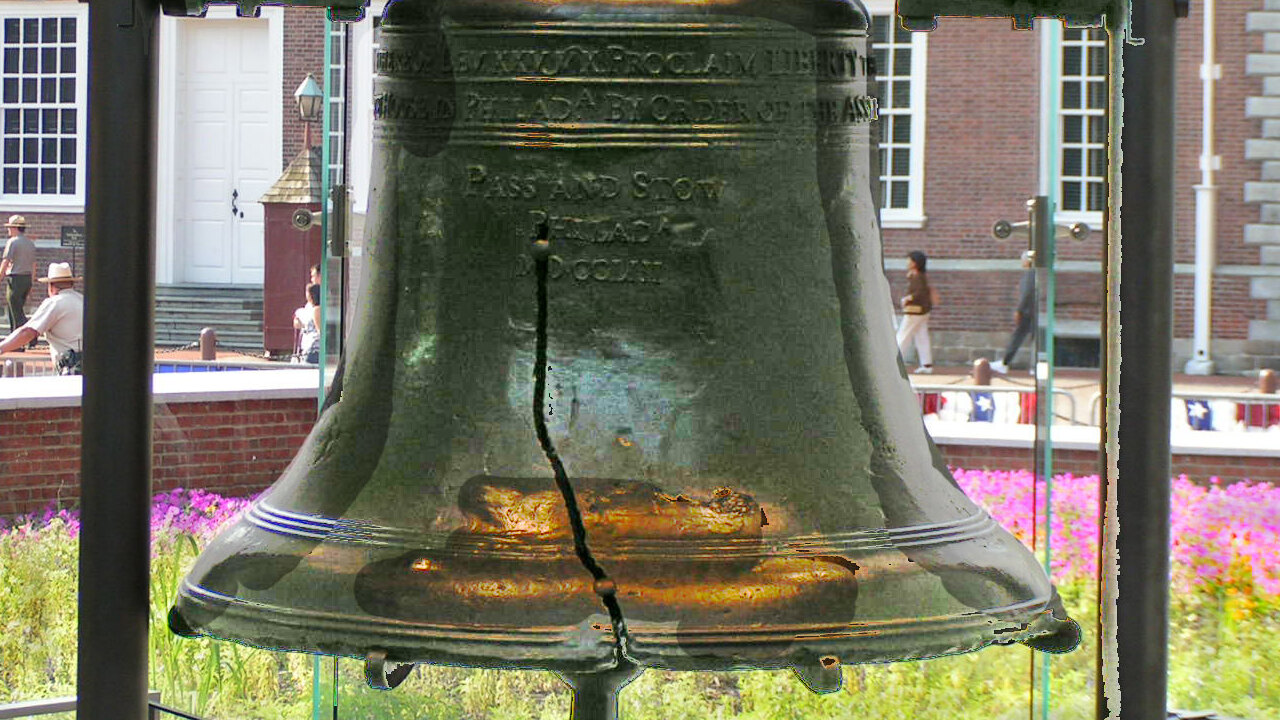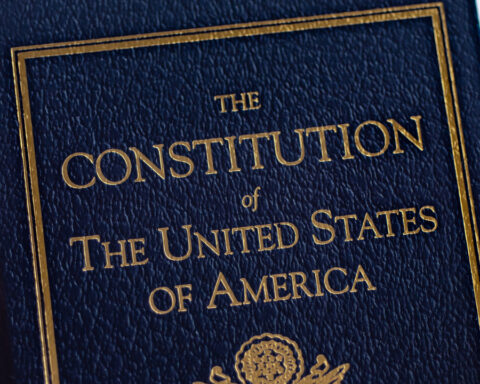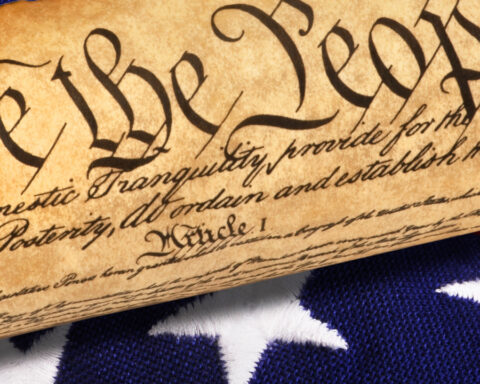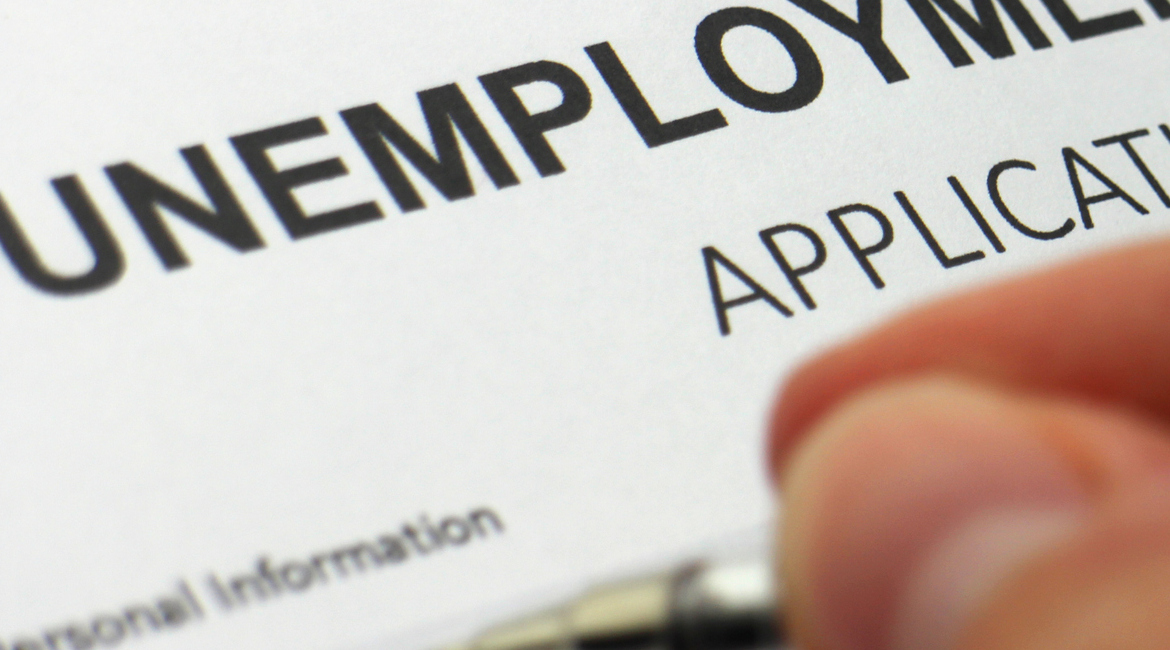“If all mankind minus one, were of one opinion, and only one person were of the contrary opinion, mankind would be no more justified in silencing that one person, than he, if he had the power, would be justified in silencing mankind.” — John Stuart Mill (1806-1873)
For two and a half centuries, the concept of free speech has bedeviled the United States.
The Framers suffered under a British colonial regime that punished speech critical of the British monarch. Yet, shortly after the ratification of the Bill of Rights, in which the First Amendment expressly commands that Congress shall make no law abridging the freedom of speech, Congress enacted the Alien and Sedition Acts, which criminalized speaking maliciously about the government.
During the War Between the States, President Abraham Lincoln used the military to arrest and incarcerate without trial thousands of newspaper editors and journalists in the North who were critical of his decisions during the war.
During World War I, President Woodrow Wilson used the precursor to the FBI to arrest those who read the Declaration of Independence aloud and sang German beer hall songs in front of draft registration offices. Wilson argued that the First Amendment only restrained Congress, not the president as commander in chief. His Department of Justice successfully prosecuted folks who spoke out against American involvement in the war.
In the 1950s, the government prosecuted free speech deemed to be a clear and present danger to national security. None of it was. In a famous California case, the defendant was convicted of plotting to overthrow the government by her mere presence at a Communist Party convention, even though she opposed the resolution advocating the overthrow.
It was not until 1969 that government prosecution of speech came to a grinding halt when the Supreme Court unanimously ruled that all innocuous speech is absolutely protected, and all speech is innocuous when there is time for more speech to rebut it.
Equally as dangerous as the prosecutions themselves was their popularity. The defendants were often unsympathetic, and their speech for the most part was shunned and hated. That made the government’s job easier.
But the First Amendment only insulates speech from the government’s reach. It does not insulate it from private reach. Stated differently, if your speech offends the government, today it cannot sue or prosecute you. But, if you work for a private entity, your boss can punish you for speech that transgresses regulations in the workplace.
All of this is background to the present public drama involving the podcaster Joe Rogan. Rogan is the king of the podcasting hill. He has far more viewers and listeners than anyone else in the business. And so, he is a target of those who hate his ideas.
Rogan has licensed his podcasts to Spotify. Spotify does not produce Rogan’s show. It does not create his work, choose his guests or write his scripts. It merely makes Rogan’s show available to its paying customers.
Some of its customers and some of its other licensees have announced that they are offended by Rogan’s tone, his choice of words and what some of his guests have said. This began a few weeks ago when Rogan, who is a champion of personal liberty, interviewed two physicians who argued against the prevailing attitudes of the government, Big Pharma and medical elites about vaccines and face masks.
Suddenly, because of what his guests have said, Rogan became anathema, and lefties wanted him removed from Spotify. Put aside the financial consequences of such a removal — the Spotify/Rogan deal is worth more than $100 million — the activists who want Rogan silenced prefer that there be no public dialogue on health care because they hate and fear the speech that liberates.
Stated differently, some entertainers who have also licensed their work to Spotify, and their fans who subscribe to Spotify, are offended when they hear Rogan’s guests with whom they disagree, and they want him silenced.
Is there a right not to be offended? Of course not.
The freedom of speech, however, is a natural right. It comes from within each of us. Its essence is that individuals have a natural right to think as we wish and say what we think and listen to whomever we choose, and we don’t need the approval of the government or a consensus of the loudest.
To those who want to silence Rogan, just imagine what this mess of a country would be like if the loudest voices could silence all others. Freedom thrives on the clash and free flow of ideas. Since 1969, we have succeeded in keeping the government out of the business of censoring and punishing speech; now we must keep the mob out.
Do the Rogan haters really want those bad old days to return? I ask this because the folks who hate and fear Rogan’s ideas really hate and fear his freedom — and their next step will be to use the government to silence him. It is short steps from hatred to silencing to punishing speech.
But Rogan has the natural right to say what he wants and to speak with whomever he pleases. For him, that is tempered only by his voluntary licensing agreement with Spotify. And listeners have a right to listen to Rogan or not to listen. The Natural Law insulates the exercise of our rights from all incursions, not just the government. Neither you nor the government can legally take down my “Vote for Ron Paul” lawn sign.
Stated differently, you can shout “Fire!” in a crowded theater if the owner of the theater permits it. Joe Rogan can say on Spotify whatever Spotify permits, and Rogan can give platforms to those who challenge the establishment, and if you don’t like his show, don’t watch or listen.
The moral and constitutional remedy for hated speech is more speech. Hang in there, Joe.
Photo by Bev Sykes, Attribution 2.0 Generic (CC BY 2.0).
Judge Andrew P. Napolitano is the youngest life-tenured Superior Court judge in the history of the State of New Jersey. Now, Napolitano works as Fox News’ Senior Judicial Analyst, Judge Napolitano broadcasts nationwide on the Fox News Channel and the Fox Business Network, and lectures nationally on the U.S. Constitution, the rule of law, civil liberties in wartime, and human freedom. He also writes a week column, nationally syndicated by Creators.








